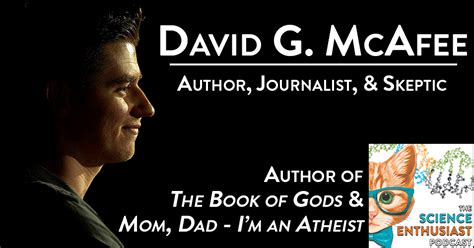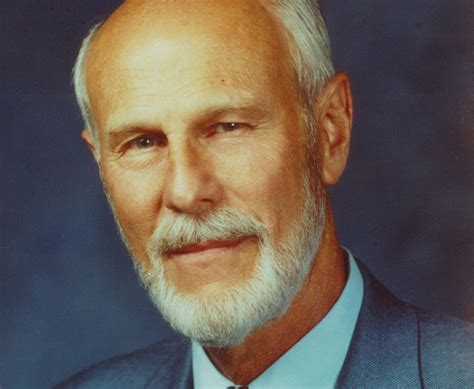A Quote by John B. S. Haldane
If one could conclude as to the nature of the Creator from a study of creation it would appear that God has an inordinate fondness for stars and beetles.
Related Quotes
The Creator would appear as endowed with a passion for stars, on the one hand, and for beetles on the other, for the simple reason that there are nearly 300,000 species of beetle known, and perhaps more, as compared with somewhat less than 9,000 species of birds and a little over 10,000 species of mammals.
When we read about Creation in Genesis, we run the risk of imagining God was a magician, with a magic wand able to do everything. But that is not so. God is not a demiurge [demigod] or a magician, but the Creator who gives being to all entities. Evolution in nature is not opposed to the notion of Creation, because evolution presupposes the creation of beings that evolve.
If there is a Creator-God, it has used methods of creation that are indistinguishable from nature, it has declined to make itself known for all of recorded history, it doesn't intervene in affairs on earth, and has made itself impossible to observe. Even if you believe in that God... why would you think it would want to be worshiped?
There exists a powerful energizing force in the spiritual life principle. All energy began with the Creator, who infused it not only in all natural processes, but also into that higher form of nature called human nature. The more closely, then, that a person identifies with the Creator, the more surely that person will experience within his or her own nature the process of re-creation which operates in all creation.
To reverence the impersonal creation instead of the personal God who created us is a perversion designed for escaping moral accountability to the Creator. God indicts those who worship the creation instead of its Creator (Rom 1:18-23); and warns of the corruption of morals and behavior which results.
For Calvin, the creation reflects its Creator at every point. Image after images flashed in front of our eyes, as Calvin attempts to convey the multiplicity of ways in which the creation witnesses to its Creator: it is like a visible garment, which the invisible God dons in order to make himself known; it is like a book in which the name on the Creator is written as its author; it is like a theater, in which the glory of God is publicly displayed; it is like a mirror, in which the works and wisdom of God are reflected.
That is what worship is all about. It is the glad shout of praise that arises to God the creator and God the rescuer from the creation that recognizes its maker, the creation that acknowledges the triumph of Jesus the Lamb. That is the worship that is going on in heaven, in God's dimension, all the time. The question we ought to be asking is how best we might join in.


































